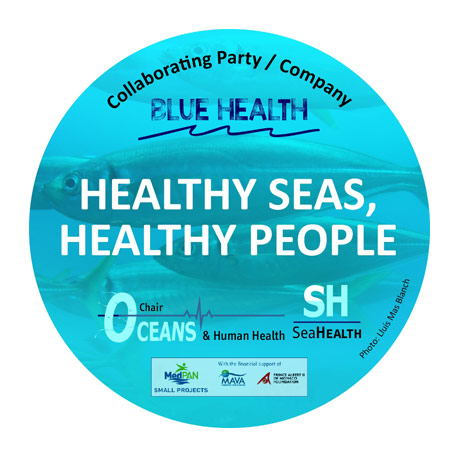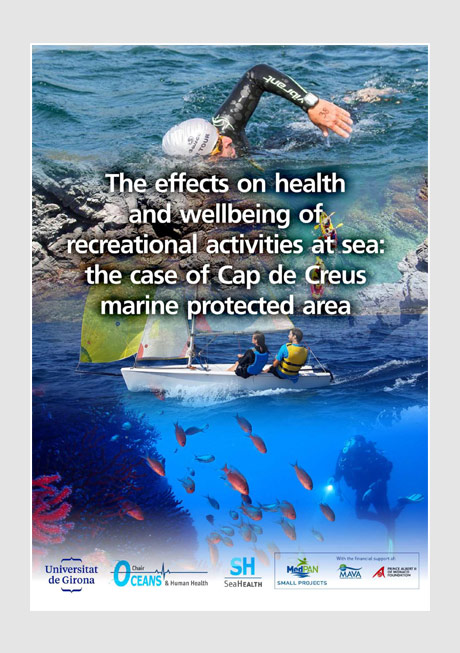MedPAN
Marine protected areas and human health
.png)
Dr. Josep Lloret (coordinator)
josep.lloret@udg.edu
Dr. Joan San
joan.san@udg.edu
Sra. Aneliya Trendafilova
Sr. Manuel Alcaide
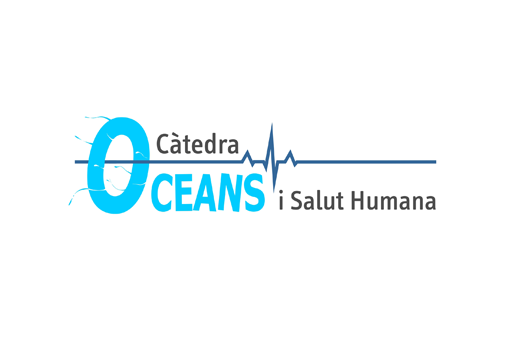
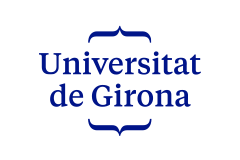
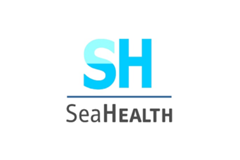
Over the last few decades, marine protected areas (MPAs) have been established throughout the world in order to protect species and their habitats from a range of activities that threaten the diversity, productivity and overall health of the marine environment.
It is well known that MPAs promote sustainable fishing and maritime tourism activities, as well as engaging and educating the community on marine conservation issues. MPAs help to preserve a wide range of ecosystem goods, from species of fish rich in omega-3 fatty acids, to marine species with bioactive potential (new sources of medicines), together with services that include regulating or supporting services (e.g. primary production, shoreline protection and nutrient cycling) and cultural services (e.g. aesthetics and intellectual stimulation).
A growing body of evidence indicates that the marine environment is inextricably linked to human health. These complex linkages encompass both a range of potential benefits and opportunities, as well as risks to health and well-being. The relationship between the oceans and human health is further complicated because the marine environment is under increasing pressure from human activities such as fishing and tourism, along with the growing impact of global climate change. Until now, these relationships have been little studied in MPAs. Crucially, evaluating and managing these impacts on both the marine ecosystems themselves, as well as human health and well-being, have largely been undertaken as separate activities under the auspices of various disciplines with no obvious interactions. “Oceans and Human Health” (OHH) is a relatively new and integrative meta-discipline in science. It has been set up to address complex issues around the interface between marine environmental health and human health, and does this by harnessing multidisciplinary expertise across the natural, social and economic sciences, including public health and medicine.
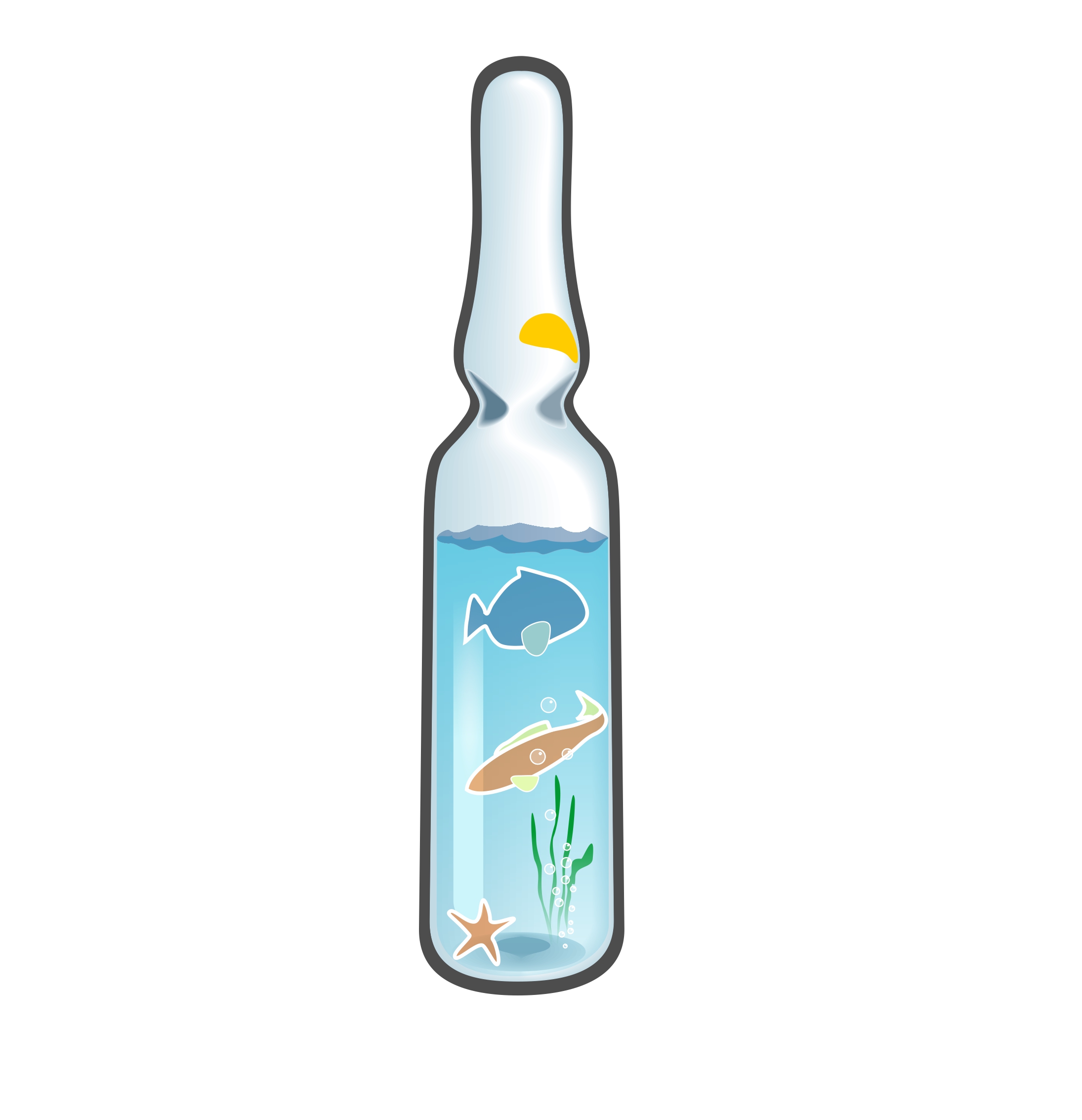
Although the EU Blue Growth Strategy has emphasized policies on economic development within the EU, it still pays little attention to sustainability and health and well-being. A greater emphasis is therefore needed in these areas to strengthen the interconnections between the environment and human health, and foster measures to promote truly sustainable growth for both people and ecosystems within the context of the EU Blue Growth Strategy.
In this context, marine recreational activities in MPAs, such as scuba diving, recreational fishing or yachting, may offer people a number of health benefits. Encouraging people to engage with the natural environment encourages greater physical activity, improves mental health, reduces propensity towards disease and increases life expectancy. However, until now, research has mainly focused on “green spaces” (woodlands, countryside, urban parks) and very little is known about the potential public health benefits of marine and other aquatic “blue space” environments. Recent studies indicate that marine recreational activities and visits to the coast elicit greater health and well-being benefits compared to urban parks and open countryside. In this sense, there is a global need to study how MPAs could play a significant role in promoting human health and well-being. This small MedPAN Project aims to contribute to this global need and focuses on a local project in the marine protected area of Cap de Creus.
OBJECTIVES OF THE PROJECT
This project contributes to the global need to study how marine recreational activities conducted in MPAs could play a significant role in promoting human health and well-being. The project was carried out in the marine protected area of Cap de Creus (north-western Mediterranean, Catalonia, Spain).
The project aims to:
- bridge the gap in current knowledge on the complex links between marine recreational activities in Cap de Creus and human health and well-being.
- increase awareness among stakeholders (MPA managers, inhabitants, tourists, and local businesses) of the existing relationships between marine recreational activities taking place in the MPA, and human health and well-being of citizens.
- engage stakeholders in taking action to promote sustainability and improve citizens’ health and well-being in a way that not only supports the development of sustainable fishing and the tourism industry in the MPA, but also safeguards people’s health and well-being.
This project summarizes evidence of the benefits of different maritime recreational activities on human health and well-being. The conclusions drawn are based on published studies and the personal experience of professional, experienced instructors in the area of Cape Creus in response to open-ended questionnaires.
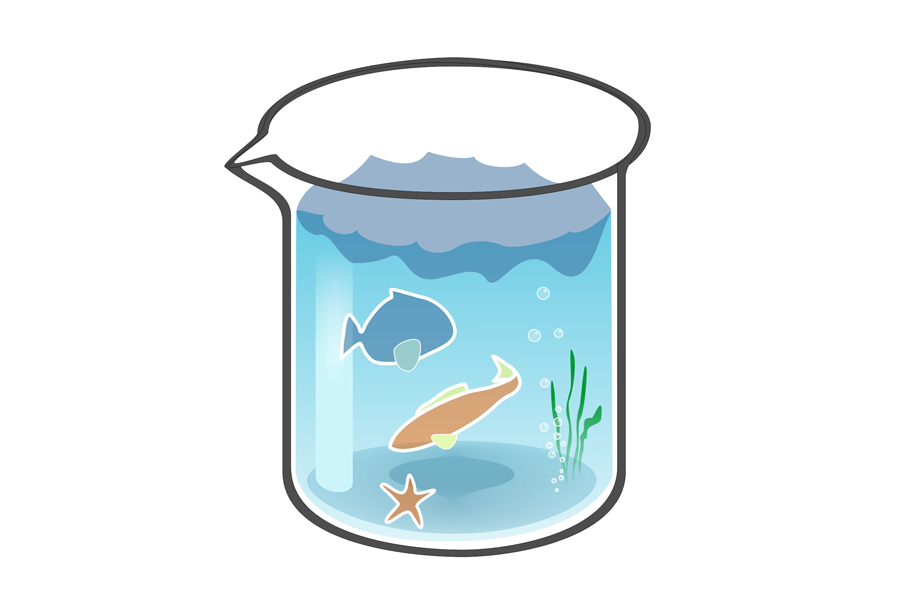
The questions were as follows:
- In your opinion, what parts of the body are exercised through doing your activity? (arms, back, legs, etc.)
- What aspects of mental health and well-being are involved in your activity? (relaxation, sensation of freedom, etc.?)
- Have you ever had clients who are ill (disability-type physical illness, cancer, obesity, cardiovascular problems, etc.) and who have noticed any improvement in their illness after doing the activity? Please specify the disease and improvement.
- Have you ever worked with clients who suffer from a neurological disorder such as Parkinson’s and Alzheimer’s disease or mental illness such as depression? Have you noticed any improvement in their condition after doing the activity? Please explain the type of condition and improvement.
- Have you ever worked with clients who have undergone medical treatment (chemotherapy or otherwise) or surgery, and who have noticed an improvement after doing the activity at sea?
- Have you worked with healthy customers who have commented on an improvement in their physical or mental health after doing the activity?
- Does your institution / company / association / club, etc. organize activities for clubs or associations for people with disabilities? What kind of entity is it? What activity do you do? Have you received comments regarding the activity, and whether it improves health? Do you know anybody who does this kind of activity?
- Does your company / association / club, etc. do activities for groups of seniors (over 65)? Have they commented on how the activity improves their health?
- Would you be willing to help collect data, or opinions / experiences, for future studies?
The questionnaires provided first-hand information from experienced professionals on the potential links between maritime recreational activities and health and wellbeing.
Finally, the project gathers the available information regarding the interest of society in the maritime recreational activities as healthy activities by searching the publications that appeared in several newspapers and websites.
Downloads






